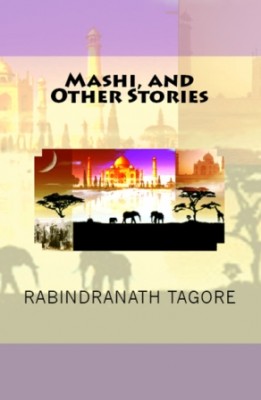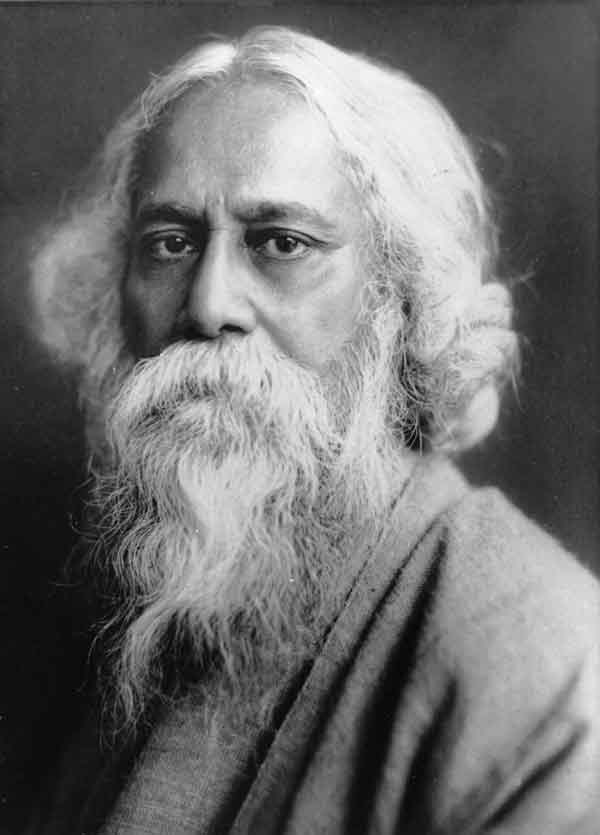The actual talk with Mani was as follows:—
‘I suppose, my child, you have got some news from your father? I thought I saw your cousin Anath here.’
‘Yes! Next Friday will be my little sister's annaprashan ceremony. So I'm thinking——’
‘All right, my dear. Send her a gold necklace. It will please your mother.’
‘I'm thinking of going myself. I've never seen my little sister, and I want to ever so much.’
‘Whatever do you mean? You surely don't think of leaving Jotin alone? Haven't you heard what the doctor says about him?’
‘But he said that just now there's no special cause for——’
‘Even if he did, you can see his state.’
‘This is the first girl after three brothers, and she's a great favourite.—I have heard that it's going to be a grand affair. If I don't go, mother will be very——’
‘Yes, yes! I don't understand your mother. But I know very well that your father will be angry enough if you leave Jotin just now.’
‘You'll have to write a line to him saying that there is no special cause for anxiety, and that even if I go, there will be no——’
‘You're right there; it will certainly be no great loss if you do go. But remember, if I write to your father, I'll tell him plainly what is in my mind.’
‘Then you needn't write. I shall ask my husband, and he will surely——’
‘Look here, child, I've borne a good deal from you, but if you do that, I won't stand it for a moment. Your father knows you too well for you to deceive him.’
Hearing that Mani had wept at the mere thought of going to her father's house, Jotin was so excited that he sat up in bed. Pulling his pillow towards him, he leaned back, and said: ‘Mashi, open this window a little, and take that lamp away.’
The still night stood silently at the window like a pilgrim of eternity; and the stars gazed in, witnesses through untold ages of countless death-scenes.
Jotin saw his Mani's face traced on the background of the dark night, and saw those two big dark eyes brimming over with tears, as it were for all eternity.

































